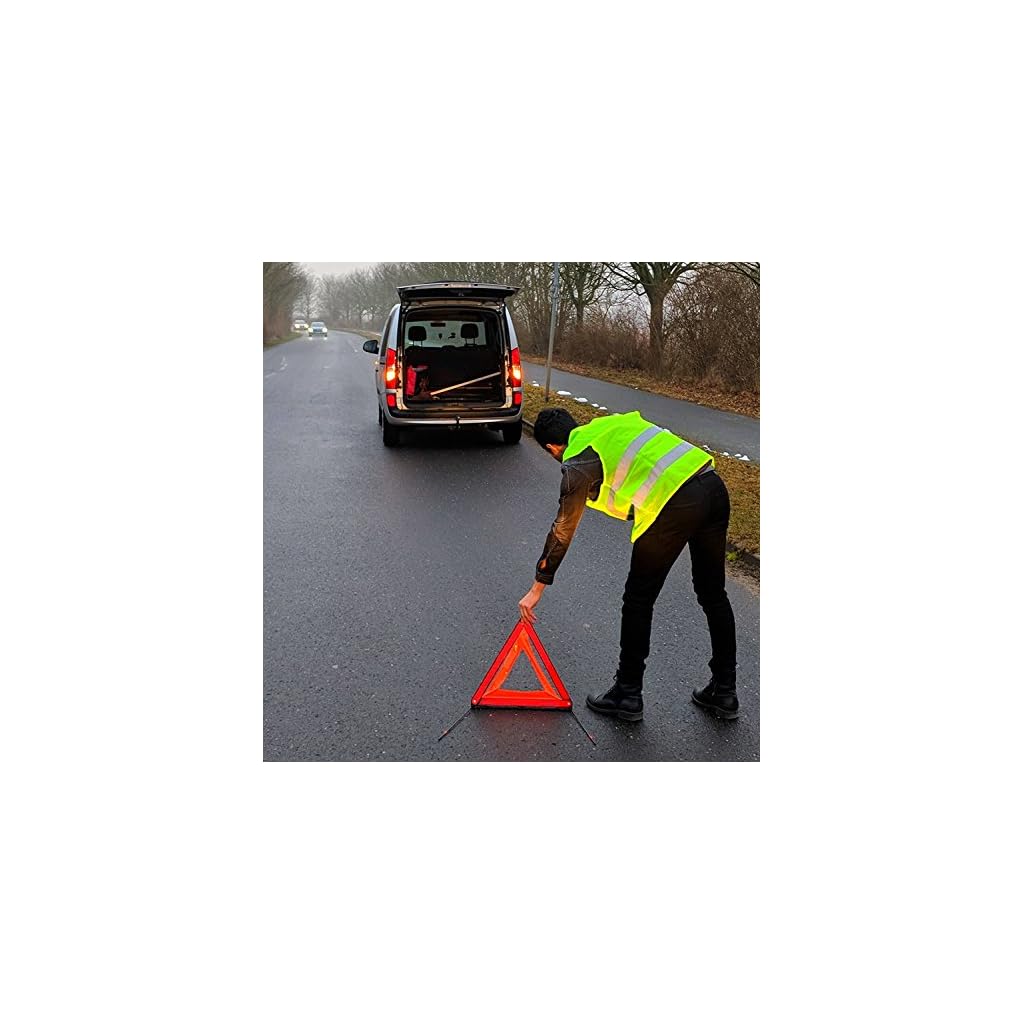What to do if you have an accident in France

What to do if you have an accident in France? If you’ve ever been involved in a motor vehicle accident, you’ll know how confusing and distressing it can be. Although it’s not much different if you have an accident in France there are some important things to remember.
One of the first things we’ll look at is the issue of car insurance. Then we will tell you what to do in the event you have an accident in France.
Car Insurance for driving in France
The first thing to question, before you even leave the country is, “Does my insurance cover me to drive in France?”
The best way to find out is to phone your insurance company to check. Most insurance companies will cover you on a third party basis when driving in France. Irrespective of whether or not you have fully comprehensive cover in the UK. A quick simple call to your insurance company will confirm the level of cover you have when driving in France. If it’s only third party you can pay a fee to extend it to fully comprehensive.
Some older drivers reading this may remember getting a “Green Card” from their insurance company on travelling within Europe. The Green Card however is not really required as standard anymore. If you are travelling through one of the European countries who have signed up to a special agreement such as France you’ll be fine. You must check if any other countries you are driving through have also signed up though. Otherwise you will need to order a green card.
What to take in your vehicle
There are several things you need to ensure you have when driving in France which will help if you have an accident:
- Valid insurance certificate
- Your drivers licence, both parts
- Registration document
- MOT certificate
- Agreed statement of facts document
- Hi-vis vest/jacket
- Warning triangle
- What to do if you have an accident
Most of the items listed above can be purchased in our online shop.
If you are not directly involved in the accident, e.g. you are a witness or just a passing motorist there are certain things you need to do.
Under French law you must provide assistance in the event of an accident. If you fail to do so you may be liable to prosecution with imprisonment or large fines. You must however remain safe at all times so do not endanger yourself unnecessarily.
If the road isn’t blocked the first thing to do is make sure you are not blocking the carriageway yourself. This may prevent emergency vehicles attending the scene. On exiting your vehicle ensure you put on a hi-vis vest or jacket and put on your hazard warning lights. It’s also best to get other occupants out of the car and get them into a safe place. Once everyone is safe place your warning triangle 30m behind your vehicle. Please make sure it is safe to do so.
Once this has been done you can begin warning other road users by waving them down to slow their approach. If you have a phone available now would be the time to call for emergency services and then offer any first aid assistance you can. For those of you with a smartphone, why not download one of the free first aid app’s such as the St Johns Ambulance.
Calling the emergency services
Before you call the emergency services it would be worth remembering the mnemonic that the majority of UK emergency services use.
To make it easier we’ve shortened it slightly to remove some of the items that aren’t required to CHALET.
- Casualties – number, types, severities and condition
- Hazards – types, severity, impact, status (e.g. power lines, dangerous vehicles, debris etc)
- Access – traffic, obstructions, safe routes into scene
- Location – exact location of accident
- Emergency services on scene – are there already any there
- Type of incident – how many vehicles involved etc
- If you’re involved in an accident yourself the procedure above should still be followed and then you can go about completing the relevant paperwork.
- Please note that if there are any injuries whatsoever, the police must be called.
Accident Forms
In France the Constat Amiable or Agreed Statement of Facts is the form that drivers keep in their vehicle and are completed in the event of an accident.
These forms will be written in the language of the country you are in, so French. If your French is not up to standard we recommend you get a copy of the form in English.
If you are involved in an accident with another driver then they will normally provide you with a copy of the form. We’d suggest however that you ensure you have a copy with you when you travel. There are two sections of the form, one for each driver to complete. It is essential that you complete the form as accurately and as fully as possible. If you sign the form without filling in any of the boxes you will technically be agreeing with the other drivers versions of events. Problems occur if you wish to change or add anything at a later date as you’ll have signed a legal document.
Once completed you will take one copy and the other driver will take the second copy and return it to your own insurance company.
Please make sure you get witness details of anyone present along with photos. Any photos taken must be done before the vehicles are moved. We would also suggest you take note of any police log or incident number if they attend and make sure that the registration numbers you take down are the correct ones. Lorries often have a separate registration plate on the trailer to the one on the cab!
